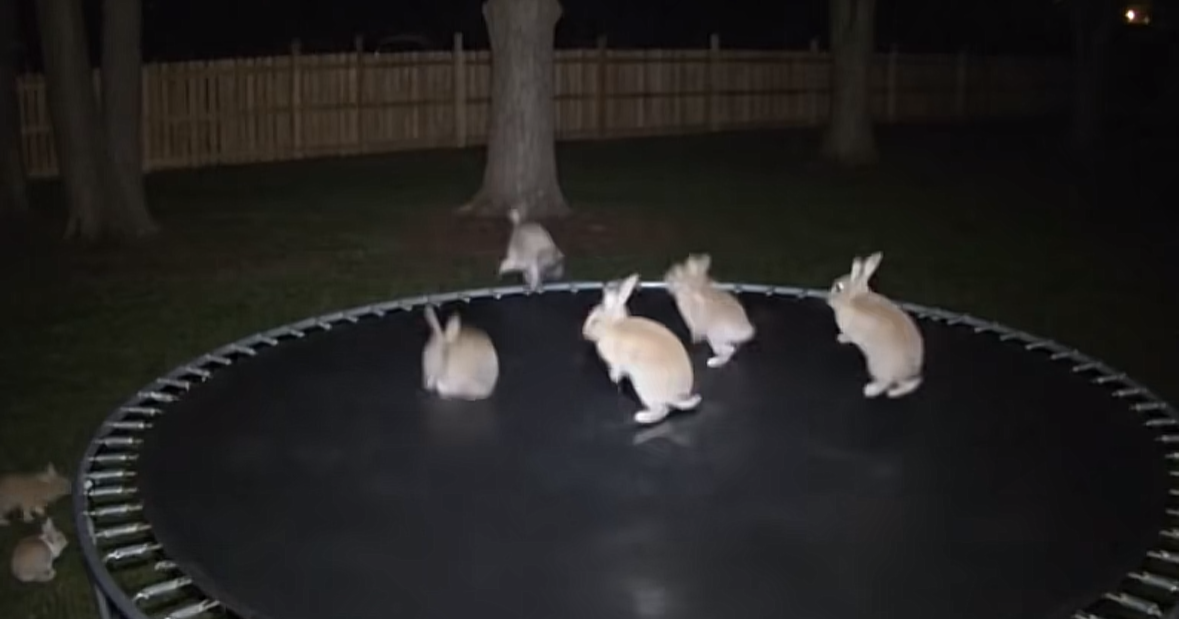The worst form of flattery
AI generated picture of animals found on trampoline at night(Wyett Pinney / The Puma Prensa)
By Wyett Pinney, Photo Editor
Clicking on this article is evidence of the effectiveness of AI. The image above was generated specifically to deceive you.
Starting in mid-September, the internet has seen a new wave of AI content. Sora AI 2.0 is the newest generative model for videos, and it’s effective. It is able to accurately copy peoples’ names and voices while side-stepping the issues that older AI models had, such as generating spaghetti, hands and faces.
OpenAI’s new AI video generator has been met with generally poor reception, both on and offline. Online, it has left many disgruntled from the new pile of “AI-slop” content on their “for you” page. Offline, OpenAI has had to issue apologies to the family of civil rights activist Martin Luther King Jr., along with banning content that used his likeness. This is due to complaints from his family after seeing the content being made resembling King to promote anything from supplements to violent and radical political beliefs.
Though they have made steps to block the use of King’s image, they have yet to make any attempts to prevent users from making videos using the appearances of other notable figures, including but not limited to Adolf Hitler, Steven Hawking, Fred Rodgers (better known as Mr. Rogers), and Bob Ross.
While they have done a poor job preventing deepfake content based around those who have died, OpenAI has remedied some of the deepfake issues in general without focusing on any specific persona. Especially after pushback from numerous Hollywood actors, who spoke out against Sora AI using their likeness, and brought more attention to the issue. Due to a lack of government action limiting AI, most of the restrictions placed on AI have to be made by the parent companies. Even with government interference blocking deepfakes, the nature of actors as public figures would make it near impossible for AI companies to face any legal issues, except for potentially slander.
With its relatively recent release date of Sept. 30, 2025, the video generator has still managed to permeate every corner of the internet. This has gotten to the point that a generated TikTok video of a monkey screaming at a doorbell camera during a hurricane has become one the most viewed videos in internet history.
Sora AI is just part of a trend towards AI generated content over the last year and has proven that, as long as the quality matches that of real creators and artists, people will consume it. However, we are already starting to see issues surrounding AI consuming AI content in similar models. This leads to the results being further and further from actual reality, losing the realistic accuracy that they are typically credited with. While Sora AI has yet to be affected by this, the more it pumps out content onto the internet, the more likely it is to pull from its own generated content.
It isn’t evident yet if artificial intelligence will be a mainstay in modern life, or if it will self-destruct and resemble something similar to the Dot-Com Bubble Burst of 2000. But at least for Sora AI, its future as a piece of the internet seems inevitable.

